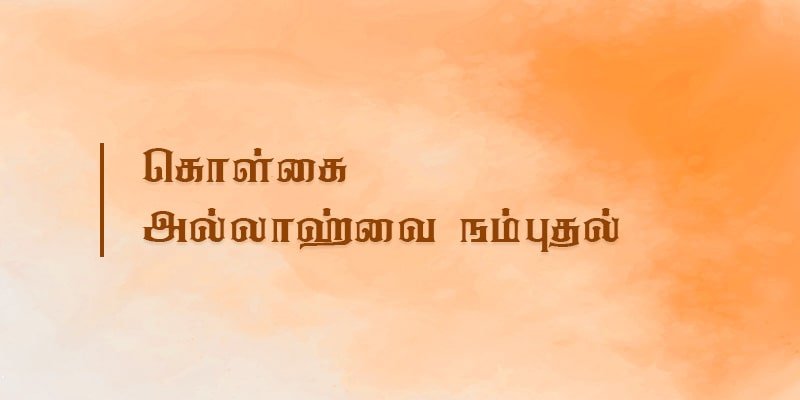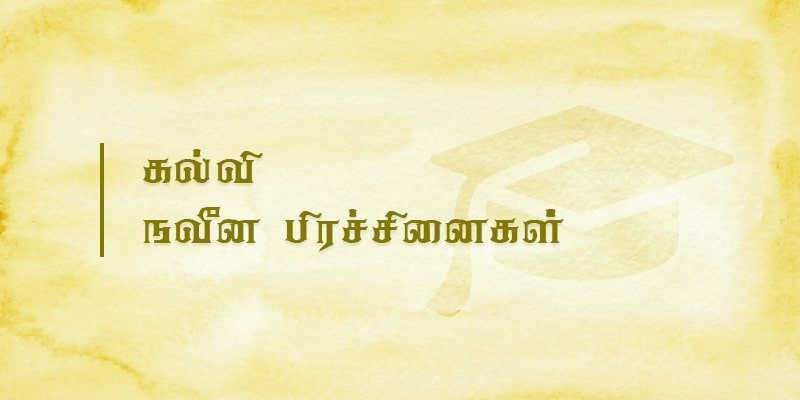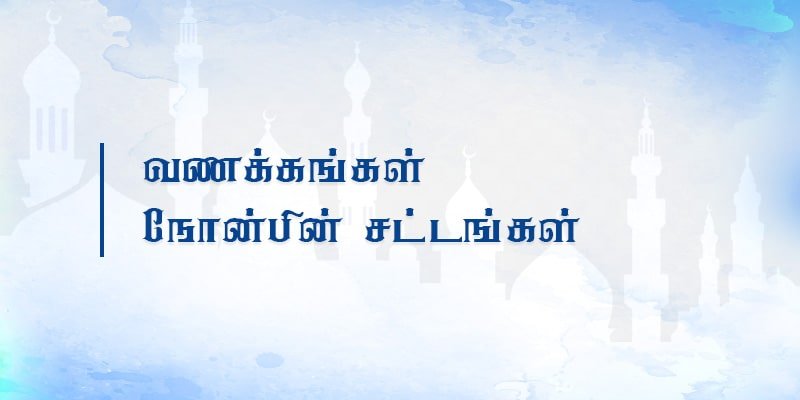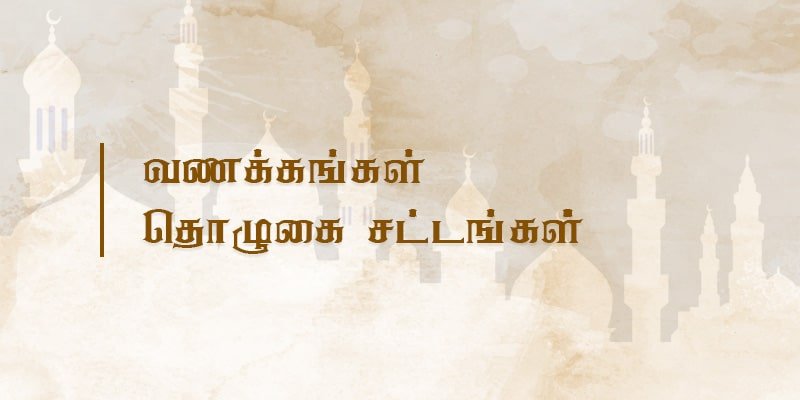28. False contentions by Jews about Black Magic.
In this verse (2:102) Allah refutes all the false contentions put forth by Jews about black magic.
Let’s get hold of the message the verse conveys.
What is the sentence “They trusted the messages conveyed by shaitans during the reign of Sulaiman?”
Sorcery or black magic was not taught by the virtuous but by evil during Sulaiman’s reign. is what the sentence conveys.
What does the words ‘Sulaiman did not refute God and further Jibreel and Mikaeel were not graced with the knowledge of sorcery’ mean?
The claim by Jews that Prophet Sulaiman taught them black magic is fallacious, he did not teach them. Had he taught them sorcery, he would have been declared an infidel which he is not, and never did he teach them. Neither did he train them in black magic nor was he an infidel.
Hence the belief by the Jews that the celestials taught them black magic is being proved wrong here. The learning of sorcery means disbelief in God which Prophet Sulaiman would have never done as a prophet, nor the celestials who are obedient servants of Allah, would dare to.
What do the sentences ‘the shaitans Harut and Marut who taught black magic in the city of Babylon refused to teach’ convey?
The two shaitans Harut and Marut taught black magic to others, and by this act they became infidels.
What does the words “they did not teach anyone without mentioning we are standing examples of having become infidels and hence do not learn sorcery and deny God” convey?
The two non-believers turned shaitans Harut and Marut never ventured to teach sorcery to anyone, without cautioning about its consequences, of being branded as infidels. “We ourselves have become infidels because of practicing sorcery and stand as examples, so do not follow suit” was the caution given by them to everyone.
What does the words ‘so’ they learned how to create a rift between a husband and wife from them’ convey?
We need to take note of the word ‘so’ used here.
For example, take the sentence “This person is a cheat so I would not lend him money” is the style of expression of ‘so’ used here. The reason is he is a cheat, so I won’t lend him money. This is the message here. The word ‘So’ is used (to denote the reason for not lending the money) in the same context.
Hence whoever learns sorcery from them turns into disbelievers. The people learned from them instead, the art of creating disruptions within the family.
Sensing that learning sorcery would render them as infidels, the people got away from it and opted to learn something else.
This can be compared to something like this. Just as people who taught Karate warned the learners, it is mandatory to kneel and bend in front of masters who teach them, making people turn away from karate but towards wrestling. This should be understood as moving away from harm to harmlessness.
Similar is the setting of the above sentence.
And should not be taken in a meaningless way ‘they were told about the harms of learning karate’ so they learnt it. After being warned about something and choosing to learn another thing prompts the usage of the word ‘so’.
If it is said that a son quits smoking after the father’s warning sounds meaningful.
At the same time to say the son continued smoking vigorously is meaningless.
In the light of this explanation, we need to approach the above sentences as,
The two warned against the act of sorcery resulting in becoming an infidel, hence the people learnt the method of creating a rift between a married couple, a lesser evil which does not come under the ambit of sorcery.
Some argue that the sentences ‘Other than Allah’s will, harm cannot be inflicted upon another mortal’ is a statement to prove, with sorcery harm can be inflicted.
It’s a fact that with Allah’s will a harm can take place. But Allah’s will does not necessarily mean ‘sorcery’.
The word ‘Through this’ refers to what has been ‘said already’. What has been said already is to be understood as, if the art of sorcery is learnt would turn them into an infidel, they rejected it and opted to learn something like creating rifts in families.
And does not refer to sorcery.
If Allah's harm can be done to a couple by creating a rift in a family, is what the sentences convey. Causing disruptions within the family by instigations can be achieved if willed by Allah is what these words convey, and not by practicing sorcery.
When we analyze this verse with a little bit care, we come to understand that people learned from them other than sorcery things like breaking a family and bringing harm to others.
It never conveys that sorcery can harm people.
If some come to a understand that causing a rift within a family can be done with the help of sorcery, they are wrong for two reasons:
Despite the two explicitly warning people about the consequences of learning the art of sorcery, if they opted to learn the kind dealing with creating a rift between married couples, we would not find the word ‘hence’ used there.
Moreover, it is mentioned in three places in this verse, learning the art of sorcery would render them an infidel. Though creating a rift between a married couple is a sin, it is not as serious as turning out to be an infidel. We do not endorse this nor do the ones who believe in the concept of sorcery. So, the art regarding creating a rift in a family learned by them does not turn them to an infidel, it is not a part of sorcery, it is proved.
So, they did not learn sorcery, but learnt something to create a rift in a family. Even that is done without a guarantee of hundred percent success, except of course, with the will of Allah. This is what the verses convey.
When having translated the verse this way, we do not come under the act of having committed a grave sin of being declared an infidel. This translation falls in line with the declaration of the Quran that Sorcery is nothing but a plan, a trick, which will not be successful.
Moreover, we need to take note of the word set up used by Allah.
The original verse says ‘the one’ that is used to create a rift between a husband and wife.
It is not mentioned as ‘the sorcery’ by which a rift can be created. The usage of the word ‘the one’ by which a rift can be created conveys something other than sorcery.
In this verse we find the mention of two names Harut, and Murut, were they celestial beings? or evil people? There are differences in opinions expressed.
Since the names Harut, and Marut follow the word those two celestial beings some say it refers to the two as angels. Then the message accordingly conveys those two angels came down to teach people the art of sorcery or wizardry.
In reply to the question how angels can teach wizardry some exegesis have given explanations in the form of a yarn.
The story goes on like this: -
The angels, irked by God praising the human beings, raised an objection and prepared a list of sins committed by them and presented to Him. To this God replied to them (Angels) saying, since He has bestowed humans with a feeling called desire they are behaving in that manner and tend to make mistakes most of the time. Pick two amongst you (angels) and I will bestow the same feeling of desire in them, and check how you behave? Let them go down to earth. The angels picked among them two named Harut and Marut. They came down to earth and committed grave sins and these were the two taught sorceries to people, thus goes the story.
Taking this story as the basis to be true and offered as explanation to the idea that the two were angels, on analyses in the light of Quranic verses, we find it contradictory.
After the demonstration of prophet Adam’s (A.S) competency and specialty by Allah, they (the angels) said “You the Most Immaculate of all. “We do not have any knowledge other than what You taught us.” Verse 2:32 says the angels repented their mistake by saying ‘You are the Knower of all things’, and You are the ‘Most Knowledgeable’
And moreover, in the Quran verse 2:34 it says the angels prostrated to prophet Adam and sought redemption for their mistake.
After having accepted their mistake in being critical about man without knowing his abilities
How could the angels have expressed their objections to God’s praising of humans?
When God asked for their opinion at the time of creating humans, did they give a reply? This cannot be taken as an objection.
But in the story revealed here it says the angels expressed their objections without God inviting any opinion from them. This kind of impertinency is against the nature of angels. When we analyze the idea that Harut and Marut are angels we find it against the tenets of the Quran. Angels will not act against the commandments of Allah. They will obey and carry out Allah’s orders (Verse 66:6)
The angels are dignified slaves of Allah, they will not pre attempt Allah’s words. They act on the words of Allah. (Verse 21:26,27). In the above verses it’s been clearly said about the attributes and nature of angels. With this kind nature attributed to them how can they stoop down to teach something which pulls them towards being an infidel.
This verse says teaching wizardry is non-belief in Allah, and angels could have never done anything associated with disbelief in Allah. If we deem Harut and Marut as angels, we will be pushed to a situation where the belief about angels will take a contradictory view. Hence, we need to take a view on angels according to their attributes.
When discussing angels, we need to take care that anything against their attributes does not come across. This verse mentions ‘those two angels. When we look for information regarding any two angels in any of the preceding verses, we come across Jibreel (A.S) and Mikail (A.S) referred to in verse 2:98. In this verse the Jews are reprimanded for their actions against the angels Jibreel (A.S). After reprimanding the Jews for their behavior and as a continuation in verse 2:102 God says Jibreel (A.S) and Mikail (A.S) were not bestowed with the art of wizardry. This verse is in contradiction to the words of Jews ‘We were bestowed with the art of wizardry through the two angels Jibreel and Mikail’.
The message conveyed here is, there is absolutely no connection between wizardry and the two angels. In that case who are Harut and Marut and what was the necessity for them to be mentioned here. This verse of the Quran starts as ‘They follow what the shaitans taught them. When it is mentioned as ‘they learned from the Shaitans’ we need to arrive at a conclusion whether they were taught by the Shaitans in the direct meaning, or the evil men also termed as Shaitans.
We need to go in for a clear understanding.
The word Shaitan is used in the direct sense as well as to denote evil men. (Verses 2:14, 6:112, 114:5,6.). Prophet Muhammad called a person travelling alone as a Shaitan. (Hadith Book: AbuDawood:2240, Thirmidhee:1597) And he also called the poets as Shaitans. (Hadith Book Muslim:4548.) The verse we are discussing says shaitans taught wizardry. Does this mean the real shaitans or the evil people? To remove this doubt in us God refers to them as Harut and Marut, the two evil men. In the Arabic language, usage of a word with many meanings and substantiating with another is common. This is known as ‘badhl’ in Arabic grammar (complimentary word). Here the complementary for Shaitan is Harut and Marut. The Jews never learned the art of wizardry from Prophet Sulaiman nor did the angels Jibreel and Mikail teach them the same. On the contrary, it was the human shaitans that taught them. The well-versed exegete Kurtubi hailed this kind of explanation for this verse as the best suited. Kurtubi, and is also endorsed by Ibn Kasser. Verse 10:77 says the wizards practicing sorcery will never succeed, but when it is quoted that a rift can be created by wizardry it is misunderstood as a declaration of success by sorcerers.
Verse 7:116 says that wizardry/sorcery is a blind folding trick and unreal. So, the idea that a rift can be created between a married couple runs contradictory to the sayings of the Quran. We find in verses 7:118 to 7:120 telling us that wizardry failed and so did the sorcerers. The idea that separation in a family can be achieved by sorcery is false.
In verse 20:66 we come to know that the best of the sorcerers could only create a model of snakes out of ropes and not a real snake. This is another proof that sorcery does not work. Verse 20:69 says wizardry is not true and it is nothing but a trick and conspiracy. The idea that a rift can be created between married couples contradicts this verse. Hence the conclusion that translations towing this line of thinking (i.e.) rift can be created can be proved with sensible reasoning. The warning, that by learning wizardry would turn them to be infidels did not affect them, what was the reason for them to learn a smaller wizardry of creating a rift between a married couple. They have been fed with the knowledge that wizardry, whether big or small, would lead them to hell, then why would they opt to learn even a lesser wizardry of creating a rift in the family. In the opinion of the people who declare that wizardry does affect humans accordingly and that it has a wide scope of usage could have better learnt the entire art and opted to go to hell than just learning a part of it and going to the same hell.
Would they ever choose a single small part of wizardry despite the knowledge that getting trained even in a minute form of it would guarantee them a place in hell? They knew one becomes a hell dweller whether he learns a part of wizardry or the entire art, this being the situation what was the reason for them to stay away from learning the entire art and learning a supposedly small part.
They would have come forward to learn sorcery to earn a livelihood, the more they learned it the more money they could make.
For people who were ready to become infidels for the sake of worldly benefits would have learnt the entire art, but they did not. This shows the interpretation that wizardry works is wrong.
Hence it is imperative that we view this verse in the light of the other Quranic verses not contradicting it as well the basic ideology is not compromised.
For more details regarding wizardry please refer to explanation markings no 285, 357, 468, 497, 499.
28. False contentions by Jews about Black Magic.
Typography
- Smaller Small Medium Big Bigger
- Default Meera Catamaran Pavana
- Reading Mode













